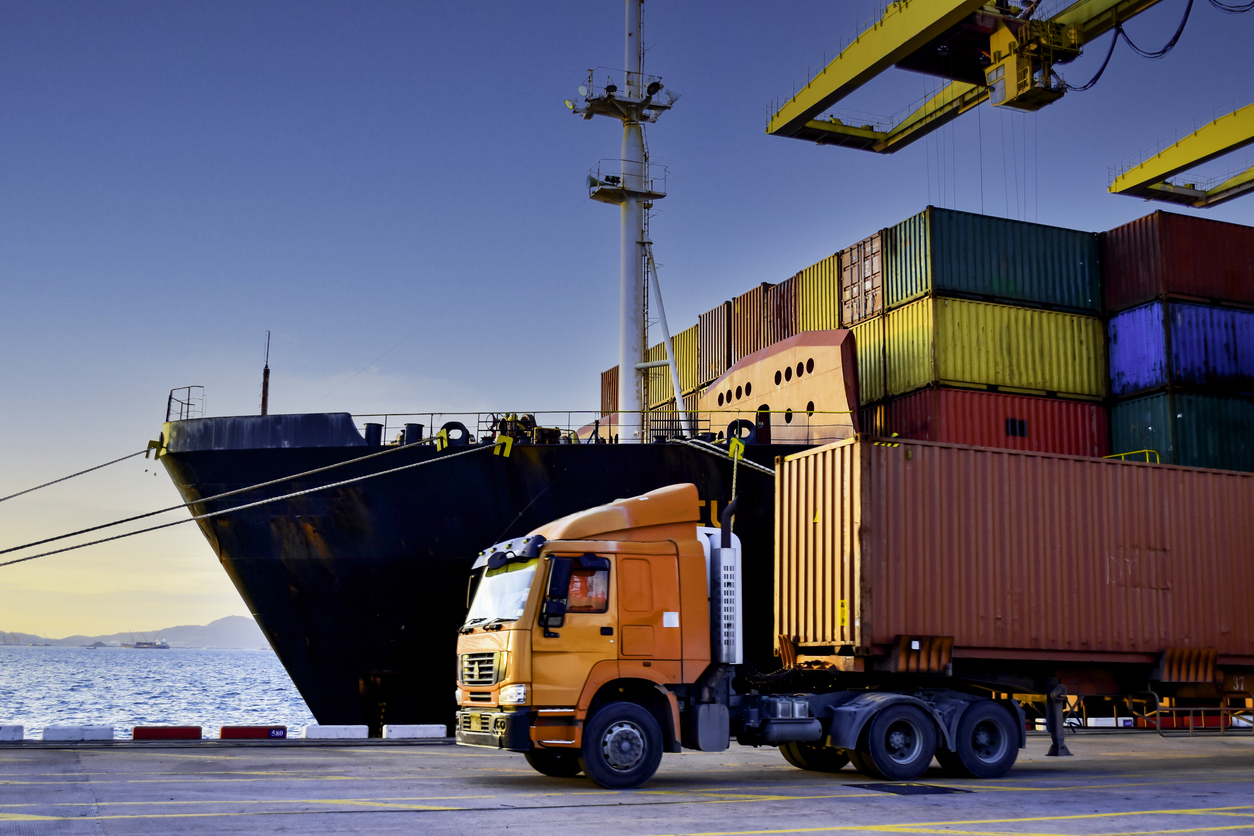What happens when one of Latin America’s smaller economies, on the US doorstep, decides to throw its lot in with China? It looks like we are about to see.
Two big things happened this past week in El Salvador, one of Latin America’s smallest countries. First, on Nov 7, the country’s Vice President Félix Ulloa announced that China had offered to buy up all $21 billion of El Salvador’s distressed sovereign debt.
“China has offered to buy all our debt, but we have to be careful,” Ulloa told Bloomberg on the sidelines of an event in Madrid. “We are not going to sell to the first bidder, we have to see what the conditions are like first.”
If China were to actually do this, it would represent a watershed moment for the region. As Bloomberg noted, “anything close to that by a leading sovereign creditor hasn’t happened since the late 1980s, when the US moved to bail out Latin America,” along with, as Bloomberg failed to note, many of Wall Street’s finest.*
However, shortly after Ulloa made those remarks in Madrid, they were rapidly rebutted by other Salvadorian government officials. Ulloa himself later said that his comments had been taken out of context.
But then three days later, on Nov. 10, the second big thing happened: Salvadoran President Nayib Bukele announced on Twitter that his country “will sign a free-trade agreement with China” after meeting with Beijing’s ambassador. Before making that announcement, his government cancelled a pre-existing free trade agreement with Taiwan. Shortly following the announcement, China’s Commerce Ministry said the two countries plan to conclude the agreement as swiftly as possible.
“Since the establishment of bilateral ties, the two sides have reached important consensus at the head-of-state level to promote deepening all areas of trade and the economy and obtain rich results,” said China’s Commerce Ministry on Thursday. “On this basis, to delve further into the potential of two-way cooperation … China and El Salvador wish to start processes related to free-trade talks as soon as possible and make our utmost effort to finish those processes as soon as possible.”
Close to Default
The announcement comes as El Salvador is looking to restructure its external debt to avoid falling into default. The Salvadorian government has around $670 million in bonds due on January 24. That debt is currently rated CCC+ by S&P Global Ratings, seven notches below investment grade. Fitch has already warned investors to expect some form of default in January.
The country is nursing significant losses from the government’s madcap bet on bitcoin late last year when the cryptocurrency was close to its record top. Bukele made bitcoin legal tender in September 2021, just two months before the collapse began, and invested an undisclosed sum of public funds in the cryptocurrency. Since then bitcoins have lost 67% of their value. Perhaps it’s no coincidence that Bukele announced the free trade agreement with China on the same day that FTX declared insolvency. From El País:
It is not known with certainty how much Bukele has invested in bitcoin, but based on the announcements he has made on social networks, it is estimated that the loss for public finances so far is around $70 million, says Ricardo Castaneda, economist at the Institute Central American Fiscal Studies (ICEFI). “This has a very high opportunity cost for a country like El Salvador, because it represents, for example, almost the total budget of the Ministry of Agriculture in a country where half the population suffers from food insecurity,” the economist points out, on the phone. from San Salvador. The smallest country in Central America, El Salvador, has a poverty rate of 26%, according to the World Bank.
It is against this backdrop that China has decided to enter the fray. The move will almost certainly raise hackles in the US, which is currently El Salvador’s largest trading partner and is already leery about China’s growing influence in its own “backyard”. El Salvador may be a relatively small fish, with a population of 6.5 million and a GDP of just over $30 billion, but its decision to cosy up to China could be hugely significant, for two key reasons.
First, precisely because El Salvador is such a small country.
And what’s more, it is in the US’ direct neighborhood and its economy is totally dollarized. Yet the Bukele government still felt emboldened enough to scrap its established trade agreement with Taiwan — the US’ strategic outpost in East Asia — in order to sign a trade agreement with the US’s biggest geopolitical rival, China. There are now four countries in Central America that have scrapped their trade agreements with Taiwan in recent years, the other three being Costa Rica, Panama and Nicaragua.
Bukele may feel that he can get away with such a provocative step since he is far and away the most popular national leader on the American continent, consistently earning approval ratings of around 90%. In his fourth year in office, Bukele recently announced plans to seek reelection in 2024, despite the country’s constitution barring presidents from having consecutive terms.
Bukele’s overwhelming popularity is largely due to his government’s relentless, often brutal crackdown on the 18th Street and Mara Salvatrucha streets gangs that have made life insufferable for everyday Salvadorians and the country more or less ungovernable. Since Nayib Bukele became president in 2019, the number of homicides has more or less halved, though an explosion of violence in March this year forced the government to double down on the crackdown.
Bukele’s decision to stand for reelection set him on collision course with Washington, which already sanctioned several government officials last year. The announced free trade agreement with China is almost certain to escalate tensions.
Read the full article on Naked Capitalism
Source link
Author Nick Corbishley





